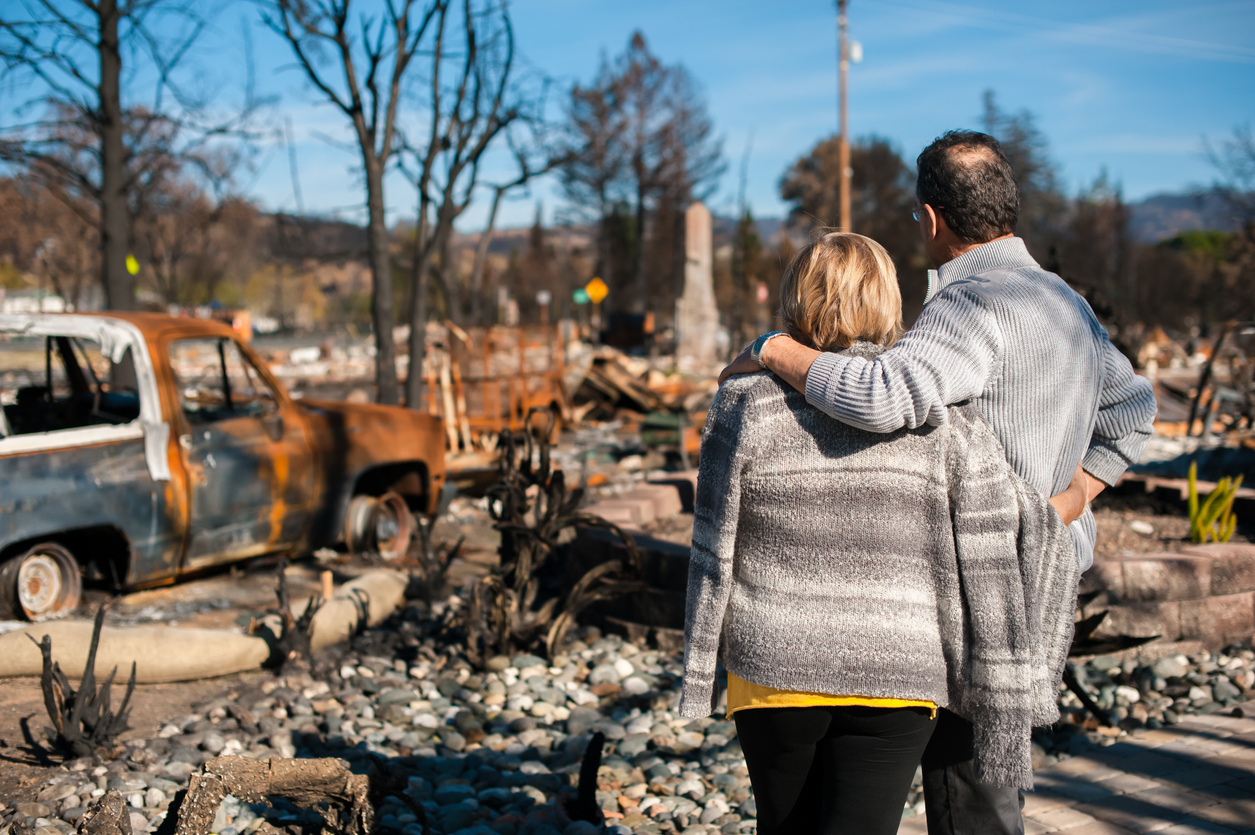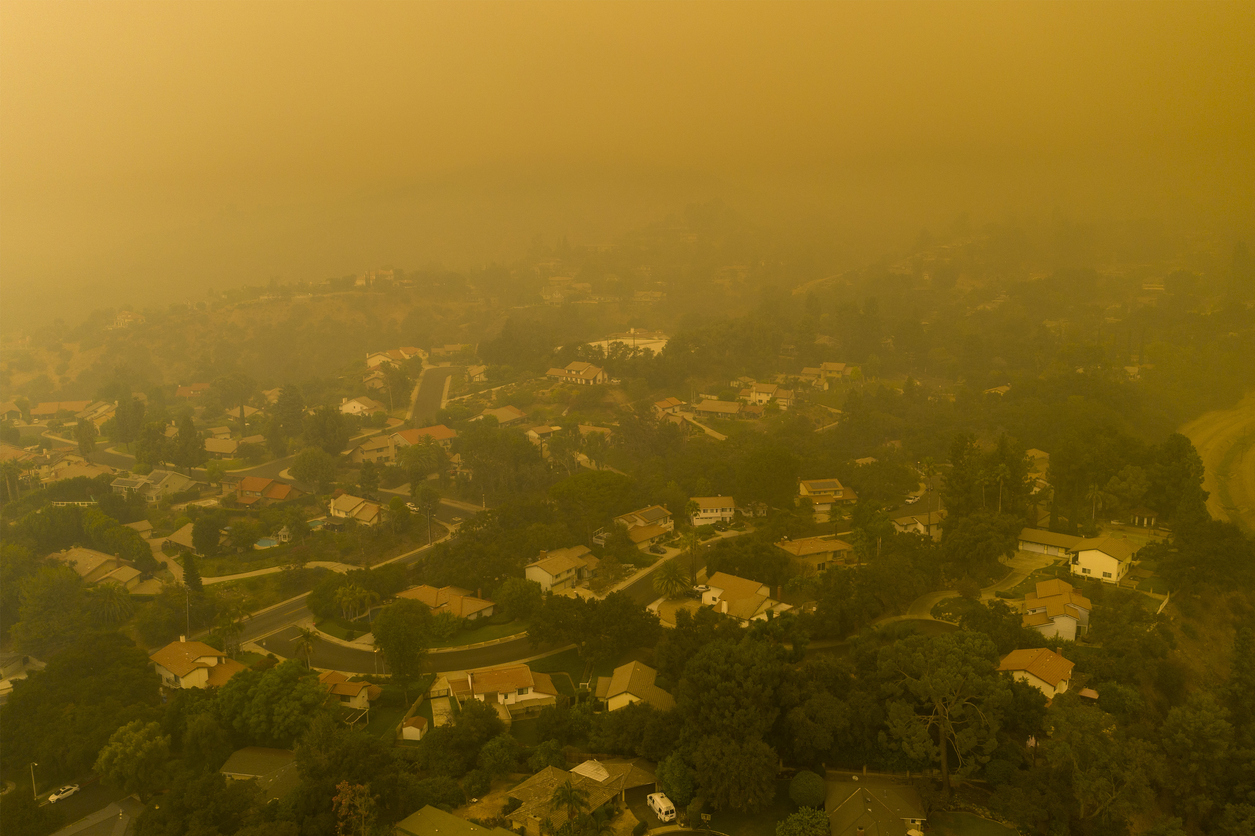As we approach the 24-month milestone from the catastrophic Marshall Fires on December 30, 2021, many property owners face the imminent expiration of their Additional Living Expenses (ALE) coverage.
Background: Colorado’s Stance on ALE Coverage
As previously discussed in Colorado Division of Insurance Reissues Bulletin on Colorado Homeowners’ Right to Obtain Additional or Enhanced Coverages, on January 1, 2019, the Colorado Division of Insurance reissued Bulletin No. B-5.35. This Bulletin clarified key provisions of Colorado Statutes §§ 10-4-110.8(6)(a) and 10-4-110.8(6)(b), which require insurance carriers to offer homeowners the option for certain additional coverages. Notably, this included optional ALE coverage for a total of twenty-four (24) months. Such foresight seems prophetic in the wake of the Marshall Fires, where many affected property owners are still facing difficulties in rebuilding their homes.
Colorado Division’s 2022 Plea for Extended ALE Coverage
On December 11, 2022, the Colorado Division of Insurance issued an open letter to insurers, urging them to voluntarily extend ALE coverage from the typical 12 months to 24 months for survivors of the Marshall Fires. Many survivors are nowhere near rebuilding their homes, and with ALE benefits running out at the end of December, they are caught in a precarious situation.
Some insurance companies positively responded to the Division’s plea. Of the 57 insurance carriers that responded, ten had policyholders with only 12 months of ALE coverage, and all ten agreed to extend the benefits for up to 24 months. “For the homeowners that only had 12 months of coverage, I know that these extensions will be a small bit of relief in what continues to be a trying time,” said Colorado Insurance Commissioner Michael Conway.
The Current Implications
Even as we near the 24-month milestone from the initial catastrophe, it’s evident that the extended 24-month ALE period will be insufficient for many homeowners still grappling with the extensive rebuilding process. Both insurers and policyholders should take this as an impetus to reevaluate the adequacy of their existing provisions, especially in an era marked by the increasingly unpredictable nature of natural disasters.
This brings us to an important question: Given the insufficiency of the 24-month ALE benefit period for many homeowners, will Colorado Insurance Commissioner Michael Conway make a renewed appeal to insurers, urging them to consider extending ALE coverage up to 36 months where warranted? Such an action could offer afflicted homeowners the extra time they desperately need to rebuild their lives.
If your insurance company has not extended your ALE coverage or is giving you trouble with requests for an extension, please do not hesitate to contact our office to discuss your options.




